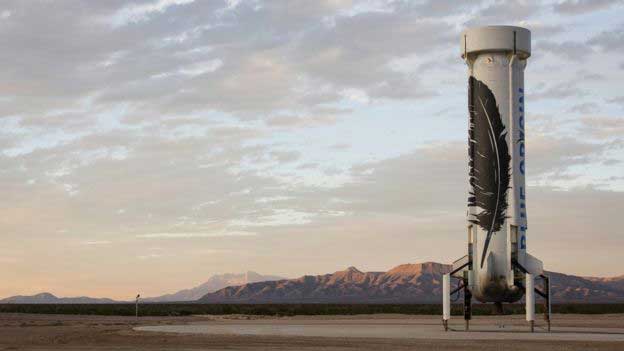
Blue Origin made a successful launch and landing of its spacecraft, New Shepard at its second space flight attempt on Monday from the company’s launch site in West Texas. The first attempt, done last April, was unsuccessful because of a hydraulic failure in the propulsion module. The second spaceflight had successfully launched the space rocket and brought it down safely, landing softly.
Blue Origin, a company owned by Jeff Bezos of Amazon.com earlier said that it would be moving the launch preparation, launch operations and its manufacturing to Cape Canaveral in Florida. However, the announcement regarding the space flight was only done earlier today, while the actual launch and landing was done in secrecy.
First time to reach space
This is the first time that Blue Origin was able to reach space. The company also made history since this is also the first time that a rocket had gone to space and came down successfully with a soft landing at the identified landing location. The spacecraft was brought down with parachutes. The capsule, which can fit six people is projected to send civilian astronauts later.
The spacecraft’s unmanned launch was done at 11:21 in the morning, Central time. It reached its predetermined test altitude of 100.5 kilometers or 329,839 feet before landing back safely, with the engine blast slowing its speed. Its four legs successfully deployed and the craft settled on the target landing site with a touchdown speed of 4.4 mph. The controlled landing settled the rocket about four and a half feet from the center of the company’s landing pad. The news was released by Jeff Bezos himself.
Reusable parts
Bezos said that his rocket is a game changer because it can be fully reused. The reusable propulsion unit had been designed for a vertical takeoff and landing. Creating a fully reusable space unit was a difficult challenge and there had been many concepts that have been tried. The success of the concepts varied and Bezos plans to change the fact that nobody had created a design that could be used commercially. Bezos, a self-confessed space geek, has many plans on the drawing board. His company recovered and refurbished the Saturn V rocket from the Atlantic Ocean. It was the power unit that hurled the Apollo 12 missions from earth back in 1969.
Further plans
Bezos had announced some of their planned space initiatives. Blue Origin now has control of one of Cape Canaveral Air Force Station’s historic launch pads. The company will also supply the engines for NASA’s next generation of rockets that launch the organization’s national security missions for the U.S. government and its own interplanetary probes.
New Shepard seems to be initially used as a science platform to allow researchers to do their experiments when the capsule reaches outer space, and could be offered as early as 2016. The business model they propose is not unlike that of Xcor and Virgin Atlantic of carrying fare-paying civilians for sub-orbital flights. The difference is the other companies will have rocket planes that take off and land from conventional airport runways.
Image Copyright: Blue Origin New Shepard Rocket via bbc.com

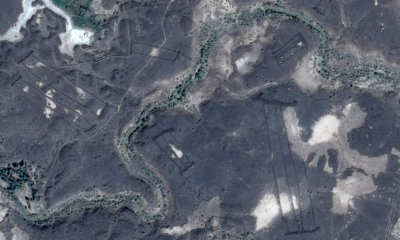

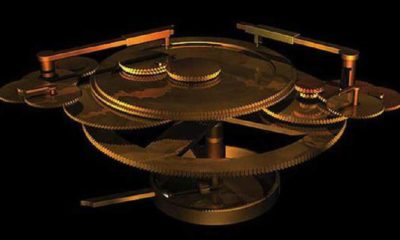

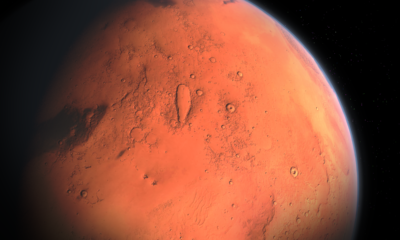


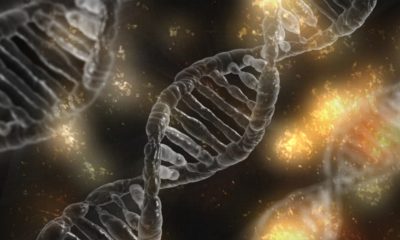
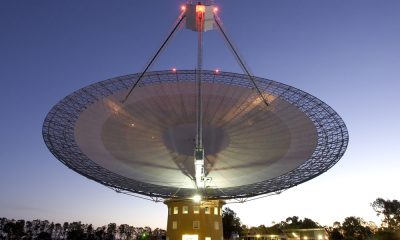





Facebook
Twitter
Pinterest
Google+
LinkedIn
Email